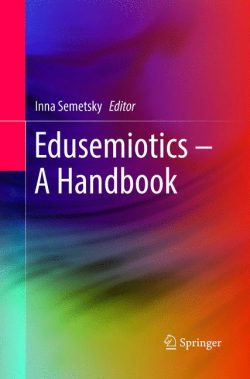This book is an interdisciplinary exploration of the intertwining impact of violent trauma, culture, and power through case studies of two ministries serving in different demographic contexts within the United States. Mass shootings continue to rise in the United States, including in religious and school contexts, and the U.S. also is ground zero for the now international Black Lives Matter movement. The author shows how all forms of violent trauma impact more than individuals –devastating communal relationships and practices of religious or spiritual meaning-making in the aftermath, and assesses how these impacts differ according to lived experiences with culture and power.
Looking at the two ministries, an urban grassroots lay ministry organization that serves surviving family members in the aftermath of homicide, and a denominational ministry that served a church in the aftermath of a political and religiously motivated shooting, the author develops trauma-specific interdisciplinary tools for lived religion studies.
Introduction.- 1.. Challenges and Possibilities in Interdisciplinary Encounters.- 2. Two Case Studies by a Researcher Living Between Worlds.- 3. Trauma in a Lived Religion Perspective.- 4. Attending to “Survivors as Experts”: Lessons Learned.- 5. Cross-Cultural Encounters in the Research: Lessons Learned.- 6. Poetics and Ethics of World/Sense Encounters—Cultivating the Lessons.- 7. A Queer Postlude of Intersections in the Aftermath
“This monograph engages an impressive breadth of theological and social scientific literature. It also offers a strong articulation of the challenges and promise of interdisciplinary scholarship that has implications extending well beyond theology and studies of religion. … Violent Trauma, Culture, and Power brings methodological tools from religious studies and theology into ethnographic work that merges sociological understandings of inequality with neuroaffective studies of trauma.” (Eleanor Catherine Craig, readingreligion.org, 2018)
“Michelle Walsh draws upon her experience as a social worker and Unitarian Universalist minister as well as two in-depth case studies to investigate culture, trauma, and lived religion. … Walsh has made an important contribution to the literature. It is a valuable read for religious communities, therapists, and other mental health professionals.” (Louis Hoffman and Ashley Whitaker, PsycCRITIQUES, Vol. 62 (51), December, 2017)
Rev. Dr. Michelle Walsh, PhD, LICSW teaches at the School of Social Work, Boston University, USA. She is a licensed independent clinical social worker, activist, ordained as a Unitarian Universalist community minister, and holds a Ph.D. in practical theology.
This book is an interdisciplinary exploration of the intertwining impact of violent trauma, culture, and power through case studies of two ministries serving in different demographic contexts within the United States. Mass shootings continue to rise in the United States, including in religious and school contexts, and the U.S. also is ground zero for the now international Black Lives Matter movement. The author shows how all forms of violent trauma impact more than individuals –devastating communal relationships and practices of religious or spiritual meaning-making in the aftermath, and assesses how these impacts differ according to lived experiences with culture and power.
Looking at the two ministries, an urban grassroots lay ministry organization that serves surviving family members in the aftermath of homicide, and a denominational ministry that served a church in the aftermath of a political and religiously motivated shooting, the author develops trauma-specific interdisciplinary tools for lived religion studies.
Uses interdisciplinary studies to analyse the responses of organized institutional trauma ministries





